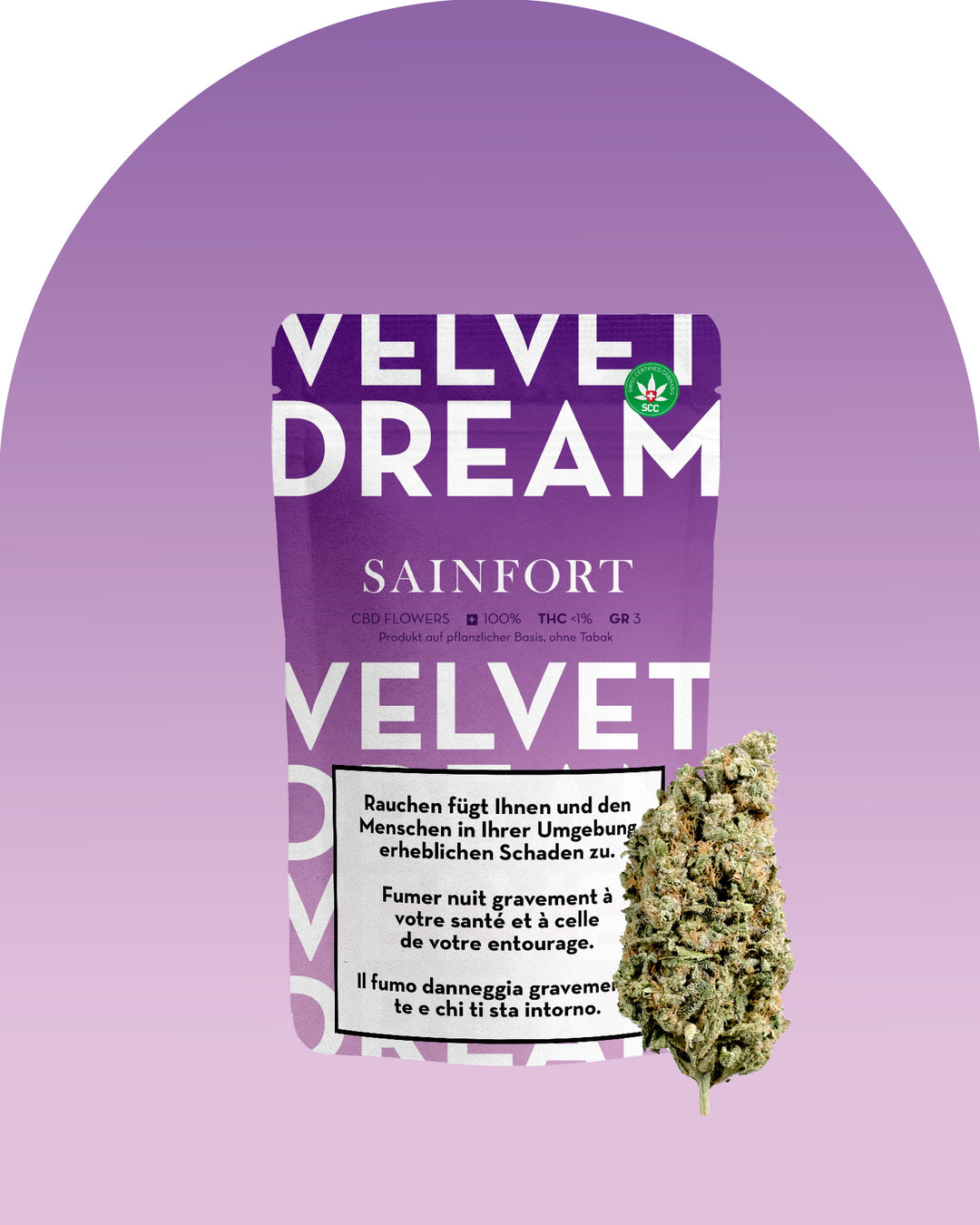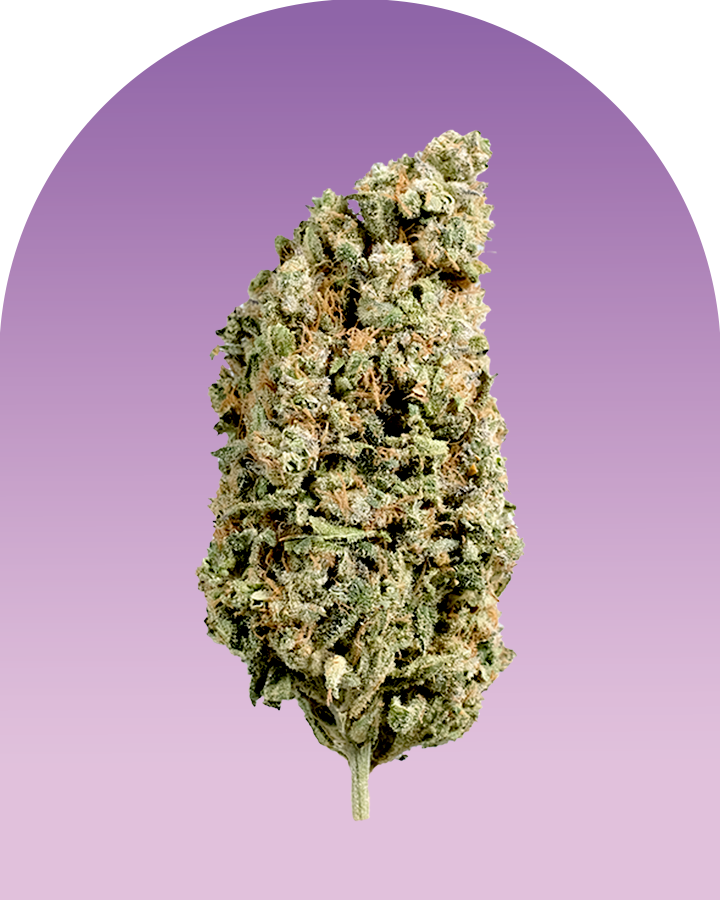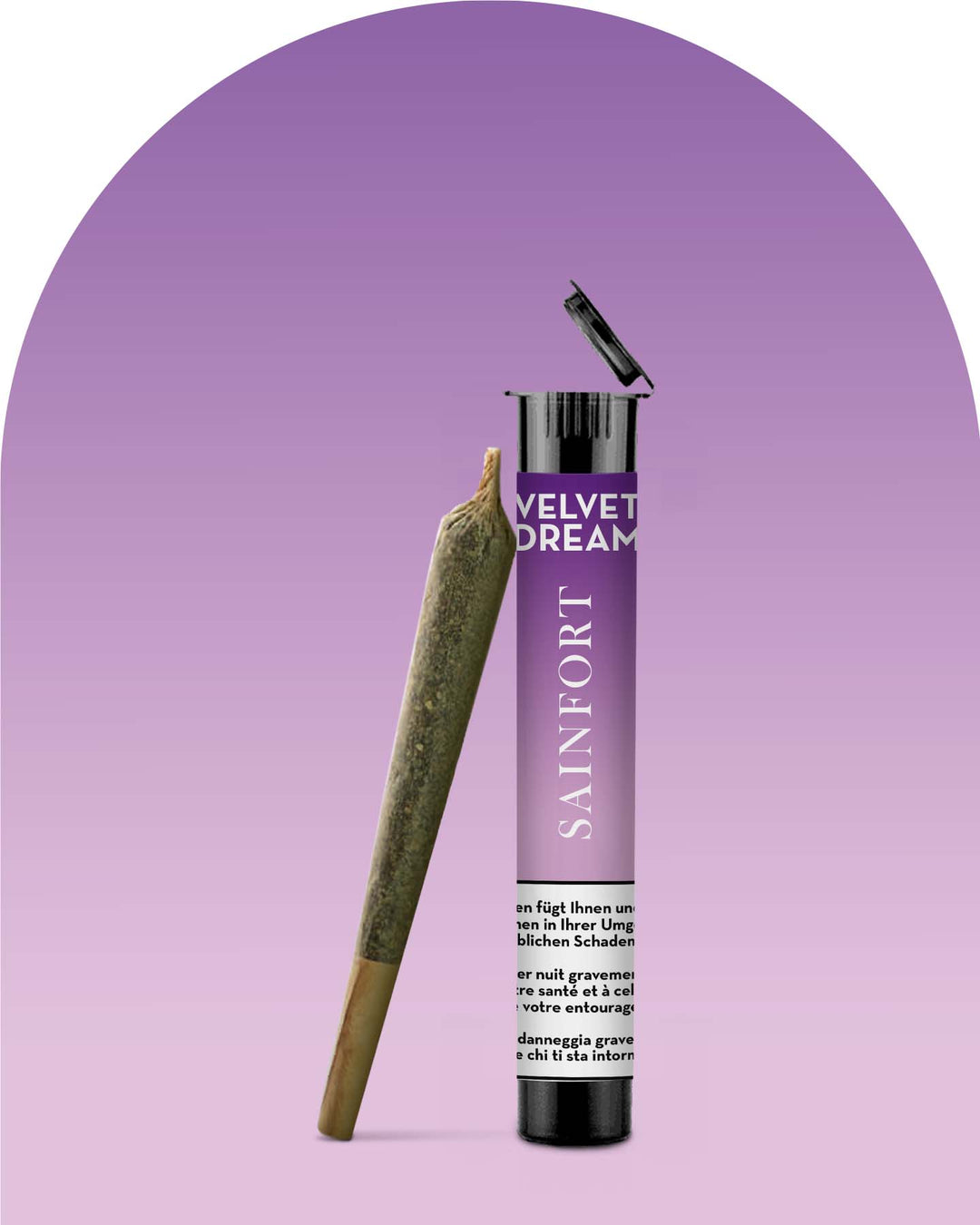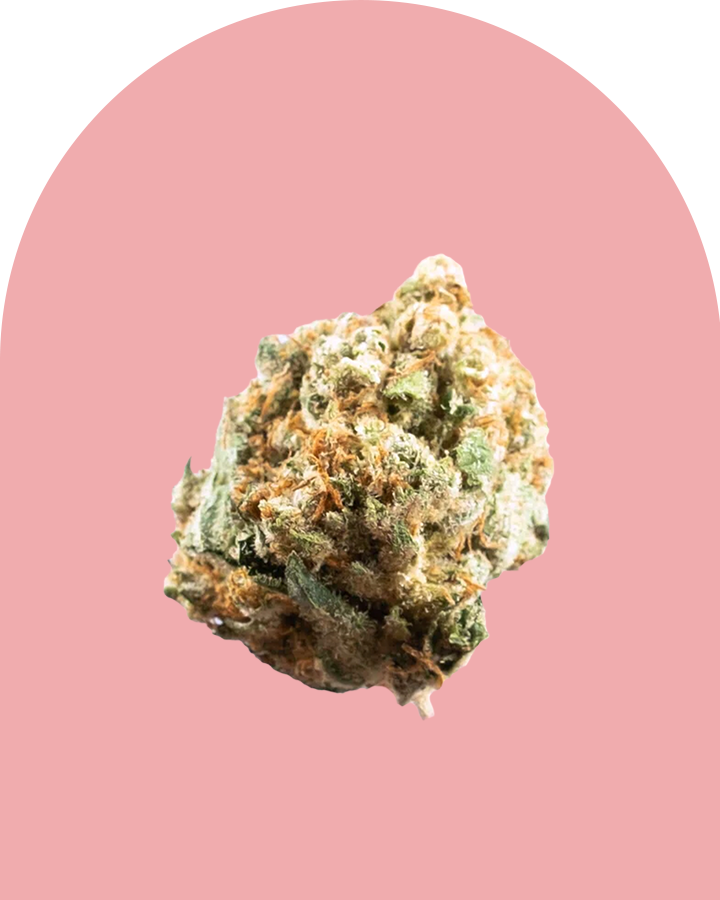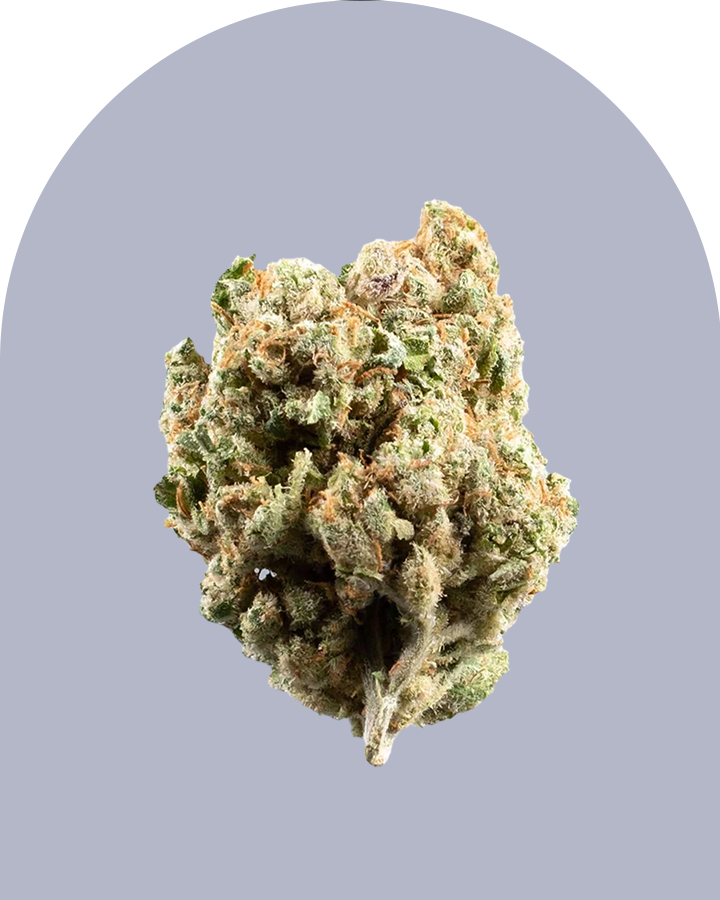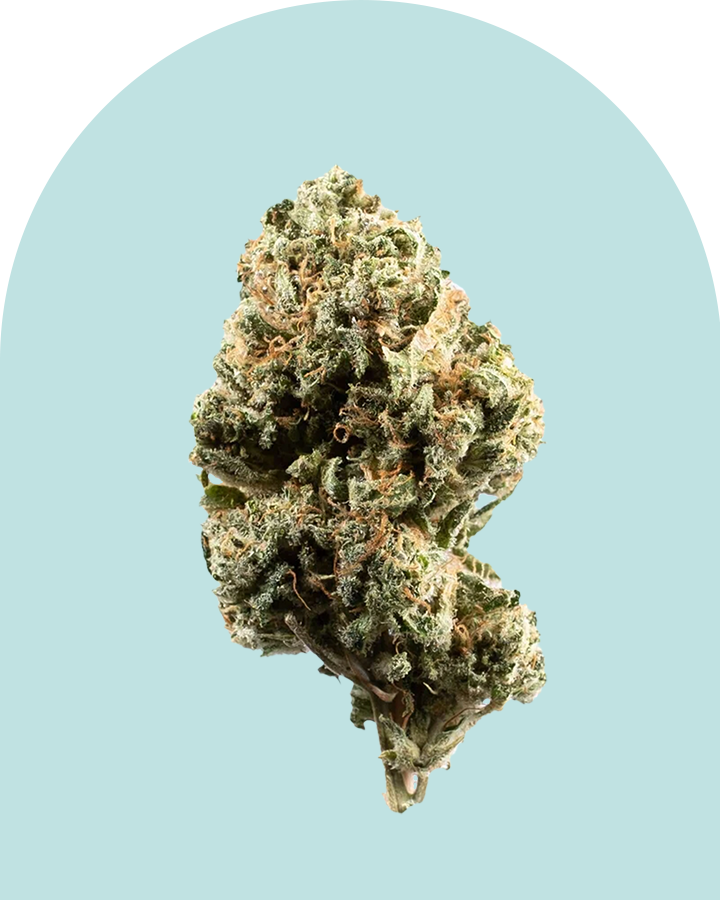Studies on the effect of CBD on insomnia and chronic fatigue

In this blog article we would like to go into the study situation on the potential effect of CBD on sleep problems and symptoms of chronic fatigue.
Cannabidiol ( CBD ) is a cannabinoid from female hemp (cannabis). Along with tetrahydrocannabinol (THC), it is one of 113 known cannabinoids in the cannabis plant and accounts for up to 40% of the plant extract. In contrast to THC, CBD is one of the components/active ingredients that do not cause any changes in consciousness and also do not trigger a so-called "high".
Recently, scientific publications have been accumulating that provide pre-clinical and clinical evidence of CBD's benefits in some neuropsychiatric disorders, including epilepsy, anxiety, and schizophrenia. There is also evidence of a calming effect of CBD on the central nervous system, sleep quality, insomnia and fatigue.
A large part of this preclinical and clinical data comes from studies with relatively small sample sizes and can therefore lead to biases in the assessment. Overall, the results overall suggest a positive-effective therapeutic role for cannabinoids in the treatment of some sleep disorders.
application in humans
In January 2019, the first somewhat larger case series was made in a psychiatric hospital, which included the clinical use of CBD for sleep and anxiety disorders as an adjunct to usual treatment. This study included monthly documentation of sleep quality and anxiety in 103 subjects, with a final adult enrollment of 72 subjects. [1]
The anxiety levels decreased in 57 patients within the first month, which corresponds to 79.2% of all participants. The measured sleep values improved within the first month in 48 patients (66.7% of the participants). These values already provide valuable information on improving sleep quality and sleep in general.
Another point in sleep disorders is the release of cortisol when you are anxious, especially if you cannot fall asleep or have difficulty falling asleep or often lie awake in bed at night. This is due to the continued production of stress hormones, including adrenaline and cortisol. As long as the release of these hormones does not fall as usual at bedtime, the body remains in a general state of high alertness and thus prevents sleep. Too much cortisol disrupts sleep.
For this reason, it was also tested how typical fears change when CBD is consumed immediately. In this procedure, the subjects had to speak in front of a group and each had to take a certain (quite high) amount of CBD (100, 300mg or 900mg) before they performed. [2]
At a dose of 300 mg CBD, subjective anxiety decreased significantly compared to the placebo group in the post-protocol speaking phase. However, the same was not true for a lower (100 mg) or higher (900 mg) dose of the active substance.
Insomnia as a widespread problem
Insomnia and chronic exhaustion is now a widespread problem in the population, which unfortunately also has health consequences. Given the limited therapeutic options and the side effects of available pharmacological agents, the investigation of additional therapeutics in the field of CBD and medicinal cannabis is warranted.
Because of their calming effect, cannabinoids have always been used as a sleep aid. [3] Whereby the applicability is usually also limited with regard to the lack of an assessment of the dose-dependent effect.
Our sleep consists of five major sleep phases that we go through several times a night. During sleep, our entire body regenerates both mentally and physically. At night and in the morning, our brain unconsciously processes all the things we have experienced and learned during the day and stores the most important information in our long-term memory. Accordingly, sleep disorders or lack of sleep interrupt this process and prevent us from being vital and full of energy in our everyday life. Animal studies have shown that CBD use increases overall sleep percentage at moderate to high doses [4].
In humans, the circadian rhythms of sleep are thought to be less pronounced after administration of THC and CBD. A scientific study by Farabi et al. investigated the effects of dronabinol (dronabinol is the main psychoactive compound in enantiomeric, trans-THC form found in cannabis) on quantitative measures of sleep and found an improvement in sleep apnea and increased alertness. [5]
What can be said in conclusion
The recent trend towards the legalization of cannabinoid-containing products and medical cannabis has an obvious connection to the increasingly scientifically emerging sleep-inducing and anxiety-reducing effects.
Expect more studies to follow, exploring its potential therapeutic role in treating some common sleep disorders such as sleep-disordered breathing, insomnia and restless legs syndrome. However, research into CBD for various sleep disorders is still in its infancy and will continue to grow over the next few years. This blog article is intended to show you the most important findings of the current studies and their applicability and we look forward to your visit to our online shop.
[1] - https://www.ncbi.nlm.nih.gov/pmc/articles/PMC6326553/
[2] - https://www.ncbi.nlm.nih.gov/pmc/articles/PMC5425583/
[3] - https://pubmed.ncbi.nlm.nih.gov/32774241/




